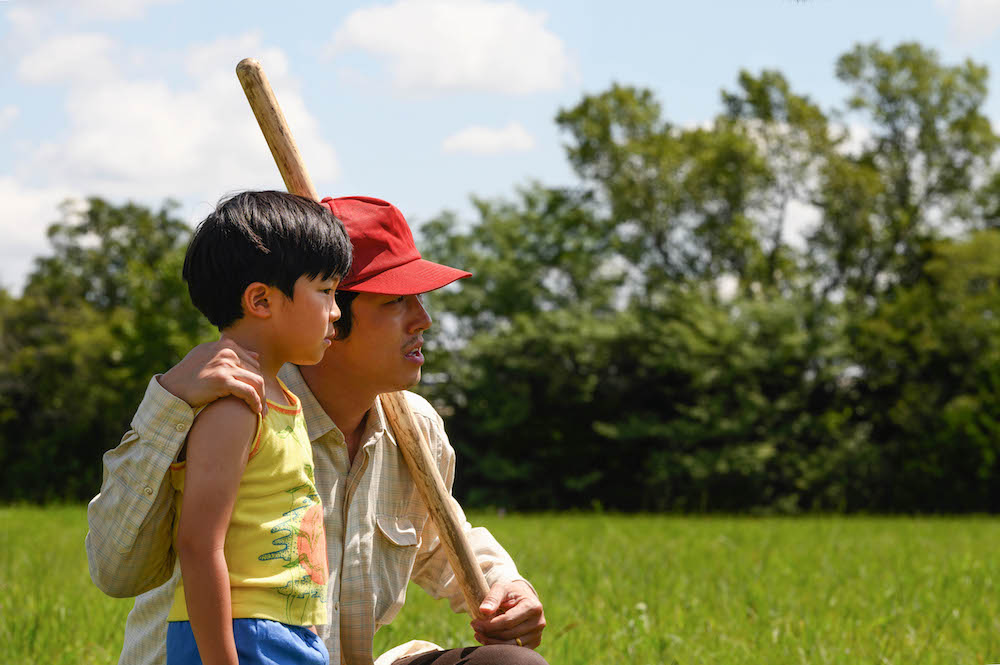
Lee Isaac Chung’s Minari is a quietly spiritual film that gives voice to the immigrant experience in pursuit of the American Dream. The writer-director channels deeply personal sentiments in a story of vast Biblical undertones. The central metaphor of the minari plant embodies hardy resilience in the face of hardship as seen through the callow eyes of a young boy.
It’s also a story of sojourners trying to make a life for themselves in a land that is not their own. The Yi family move to rural Arkansas, buy land, and attend a new church as outsiders. I know many friends in the Korean and broader Asian-American communities were deeply affected by the film. It put images to their experience and the experiences of their ancestors in ways they had rarely seen before on screen. They felt like their stories were heard, they were given a voice, and Chung handled it with the empathetic care required. It lends a kind of generational catharsis.
The themes run deep, starting with the film’s patriarch Jacob (Steven Yeun) trying to build a life for his family off the land, only to face trials on every side, putting burdens on his marriage and family. His struggles echo his Biblical counterpart, wrestling with an angel so he might receive a blessing. Much of the movie involves a family learning what it is to toil over the land a la Genesis and commune with neighbors (one is played by the extraordinary Will Patton). It also modestly expands on the working-class, pastoral tradition embodied by John Ford and Jean Renoir.
In a world of clanging gongs of outrage, cynicism, and opportunism, Minari represents something full of grace and hope. It comes to us not in the fiery conflagrations, but in the whisper – the small interpersonal moments between brother and sister, grandmother and grandson, husband and wife. What’s more, it brings the Korean-American and immigrant experience to the screen like we’ve rarely had the opportunity to witness before.
However, in mirroring a very specific experience, it speaks to our universal condition. This is its profound beauty. Something so slight, unassuming, and specific feels like it is made for all of us about everything imperative to our lives on this earth. Loving our neighbor and being in relationship with our friends, spouses, and the Creator of the universe. Because wrapped up in the film is the creation mandate itself, following the vision of Genesis to be fruitful, cultivate the land, and bring about human flourishing, so it might sprout like a thriving minari plant. — Tynan Yanaga (2025)
Arts & Faith Lists:
2020 Ecumenical Jury — #2
2025 Top 100 — #25